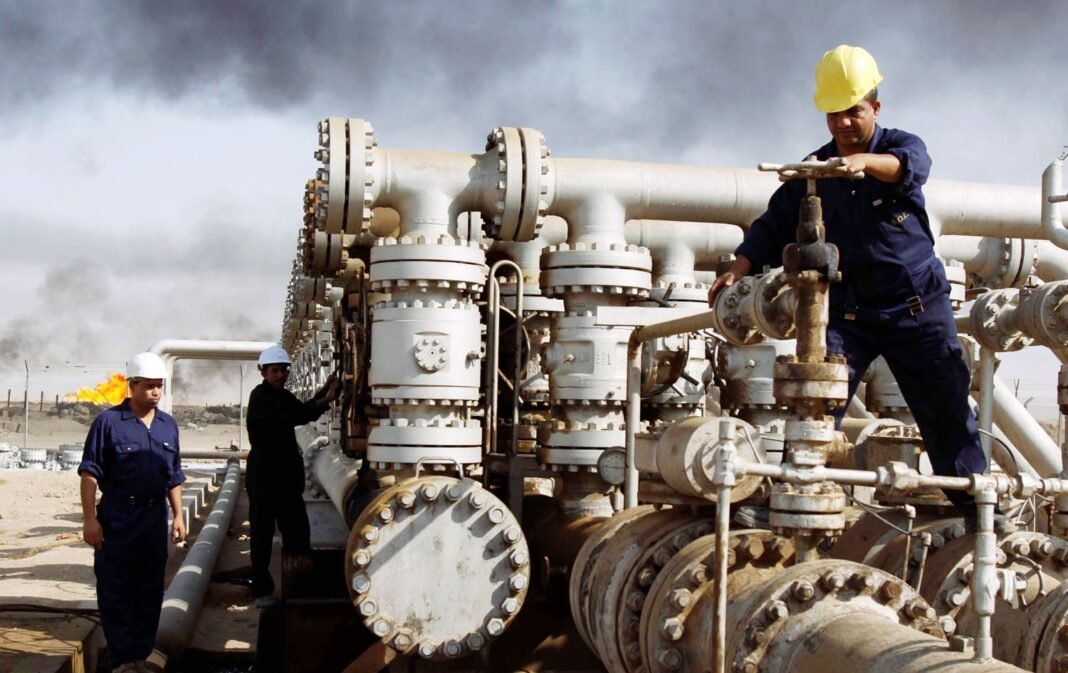Market at an all-time high as oil prices crashing—a puzzling situation, but that’s the story this month for Iraq’s equity index. Despite falling global oil prices and international market volatility, the Rabee Securities U.S. Dollar Equity Index (RSISX USD Index) closed the month with a 3.0% rise, reaching its highest monthly close ever. The index is also up 3.3% year-to-date.
The market’s strong performance came despite a rocky start. It remained closed during the first week of the month due to Eid holidays. That break helped shield it from the global stock market turbulence triggered by the U.S. government’s new “reciprocal” tariffs on trading partners.
When trading resumed, Iraq’s market dipped slightly, dropping 1.0% over two days. The slide mirrored global concerns about a looming trade war. However, after the U.S. paused the tariffs for 90 days, optimism returned. The Iraqi market rebounded sharply and eventually reached an all-time monthly high, although its highest daily level came earlier in the month.
This rise happened while oil prices, a key driver of Iraq’s economy, continued to fall. That divergence has confused many market watchers. Traditionally, Iraq’s market tends to track oil price movements. So why the sudden decoupling?
Several factors may explain this. First, Iraq’s stock market is still relatively underdeveloped and influenced more by domestic sentiment than global commodities. Investors appear more focused on local corporate earnings and dividend expectations than oil’s short-term volatility.
Second, technical indicators suggest strong momentum. The RSISX Index has been consolidating gains in recent weeks. This shows that investors are confident in the market’s direction, even with external risks such as sanctions or trade uncertainty.
Finally, traders may be betting that Iraq’s economy can stay resilient even with lower oil revenues. Ongoing banking reforms, improved central bank policies, and rising non-oil activity all support this outlook.
However, risks remain. The 90-day suspension of U.S. tariffs offers only temporary relief. If the U.S. and China fail to strike trade deals before that period ends, global markets could face renewed pressure. Iraq’s equity market, despite its insulation, is not immune to global financial trends.
In short, the market at an all-time high as oil prices crashing shows three things. First, local optimism is outweighing oil worries. Second, technical trends are driving investment. Third, global risks still loom, despite short-term gains.


